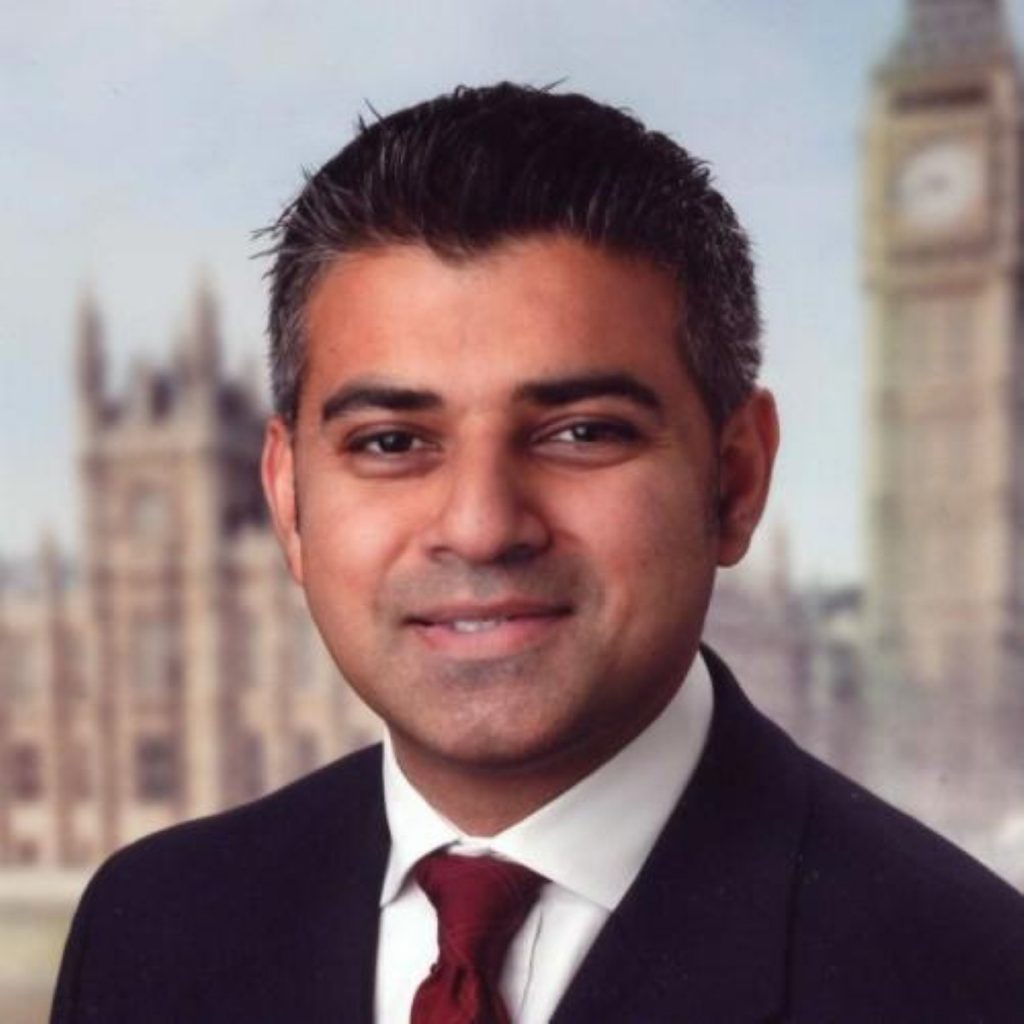‘Questions remain’ after MP bugging confirmation
Labour MP Sadiq Khan was bugged on two occasions when visiting a constituent in prison, the government has admitted.
Home secretary Jacqui Smith revealed conversations between the MP for Tooting and Babar Ahmad, who was detained at HMP Woodhill in Milton Keynes, were subject to surveillance on two non-legal visits on May 21st 2005 and June 24th 2006.
Informing the Commons of the findings of Sir Christopher Rose’s independent inquiry into the incident, which emerged in the Sunday Times on February 3rd, Ms Smith said the surveillance had not broken laws.
“Let there be no doubt: all forms of covert surveillance are subject to a strict and rigorous statutory regime,” Ms Smith said.


It emerged Mr Khan had visited Mr Ahmad as a friend before he was elected to parliament in 2005. He maintained his ‘friend’ status on subsequent visits and “senior officers” were not aware he was an MP, Sir Christopher found, but two junior officers were.
Sir Christopher said it was difficult to prove a negative but said there was no evidence any MP had ever been monitored on a prison visit.
Opposition parties expressed frustration with the limited nature of the report’s findings and surprise at its quick turnaround.
Shadow home secretary David Davis said the Rose report leaves “fundamental questions unanswered”, including why junior officers knew about Mr Khan’s status but senior officers did not.
“Gordon Brown promised transparency and accountability. The evasive ministerial approach to this murky incident demonstrates just the opposite,” he said.
Liberal Democrat home affairs spokesperson Tom Brake said the time was right to call for a wider debate into “state snooping”.
“Despite the assurances over the case of Sadiq Khan, the question remains about whether we are moving towards a surveillance society in which nothing is private and conversations are routinely monitored, recorded and logged,” he commented.
The government admitted it was unclear whether the bugging broke the Wilson doctrine, which prohibits the security services from using surveillance methods on politicians.
Ms Smith said she would review the codes of practice with regard to covert surveillance and MPs, with a view to giving conversations between MPs and constituents the same level of confidentiality as those between an individual and their lawyer.
“Sir Christopher identifies a need to clarify the position with respect to MPs as set out in the code and I agree. The action I have announced today will ensure this happens,” she concluded.









